Learning to read is an important part of each student’s education. It allows them to access new information and knowledge, and to start on the path to becoming independent and curious life-long learners.
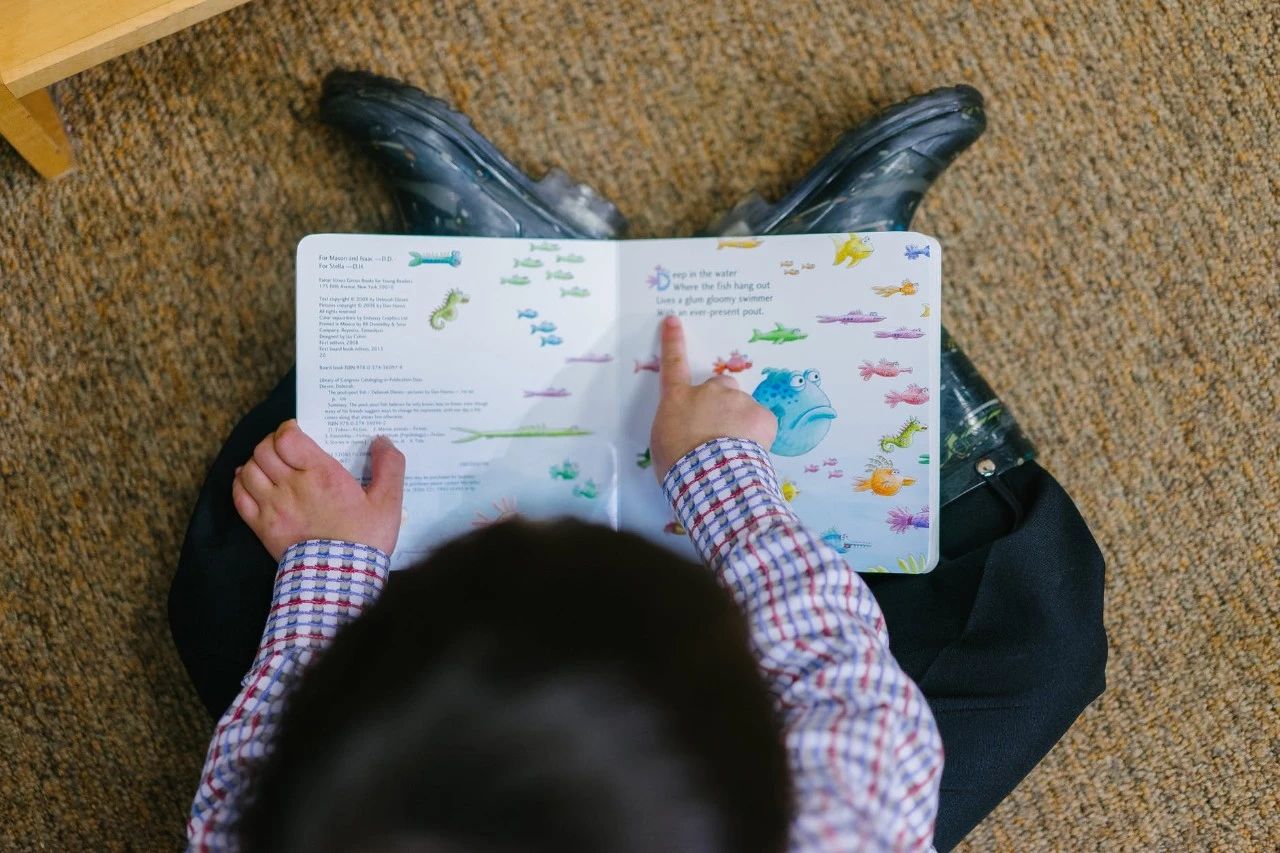
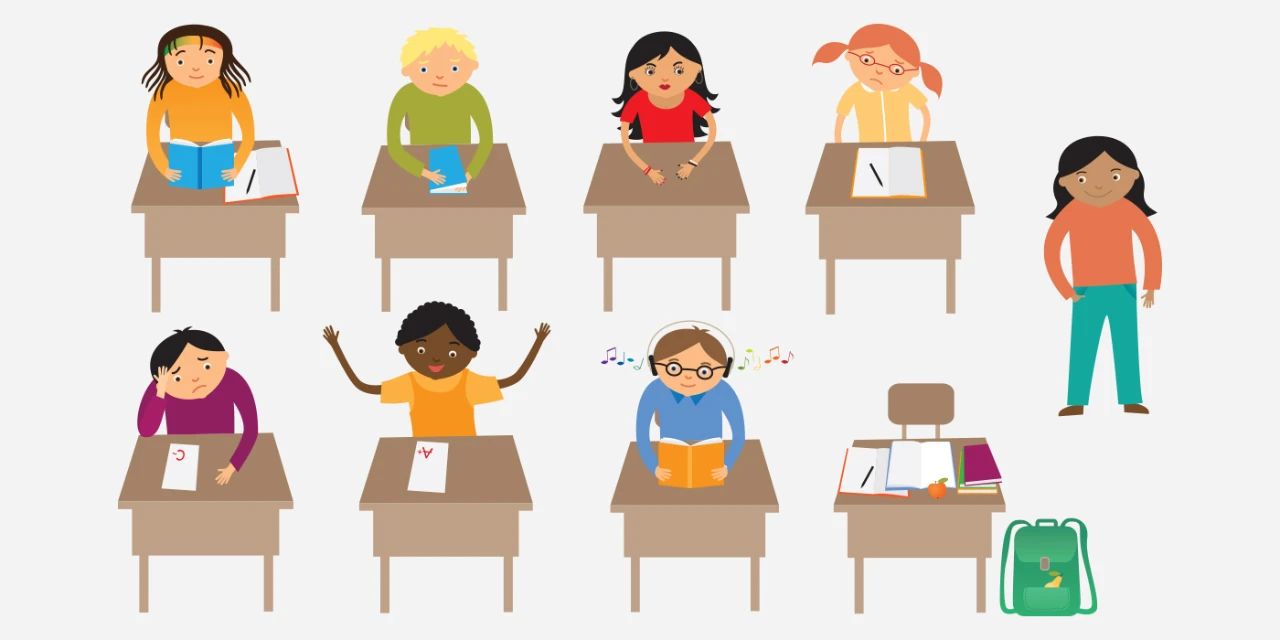
One classroom, different levels of reading…
- Children who were born 6 months apart
- Children who are struggling with reading
- Children who are ahead of their grade level in reading
- Children who are learning in their second language
- Students with special learning needs
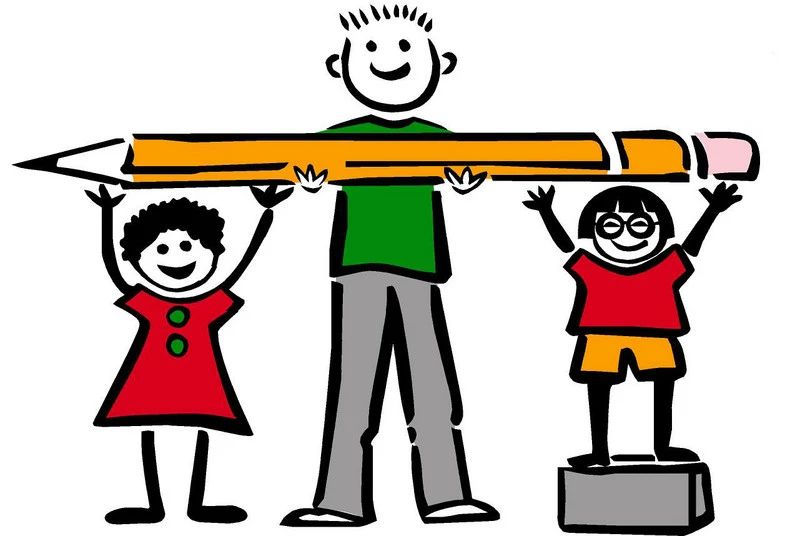
Differentiated Instruction for Reading
1. Provide A Variety of Reading Tasks
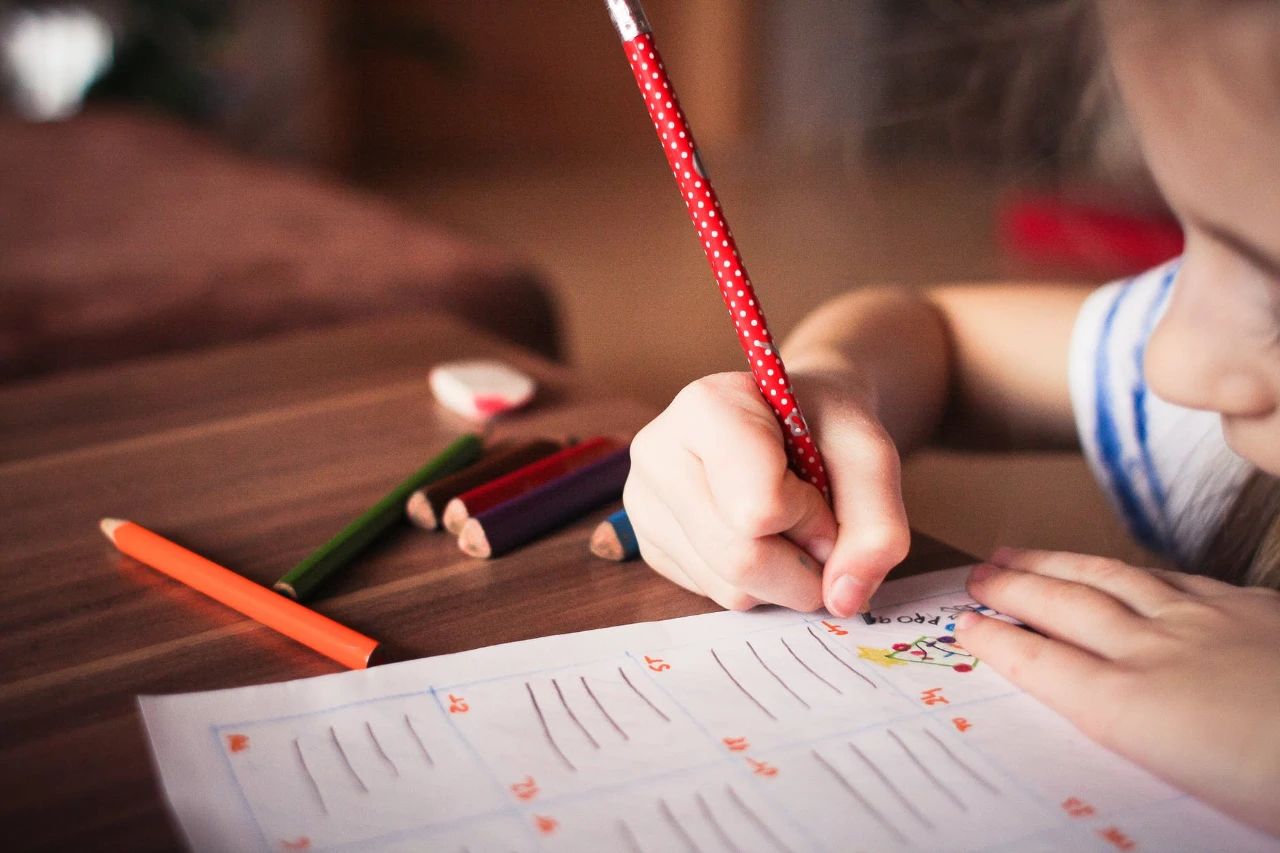
Different children in the same classroom may be reading at different levels. Providing a variety of books, clearly labeled for each reading level, can allow students to select books that are optimal for their own learning. Similarly, providing levelled reading tasks allow each student to work on tasks that will enable their reading skills to grow, without leading to frustration or boredom. For example, when working on a science content unit, providing different levelled-texts, that cover the same topic but use more/less complex vocabulary, or shorter/longer text, can help all students access the concepts being taught.

2. Promote Students’ Autonomy
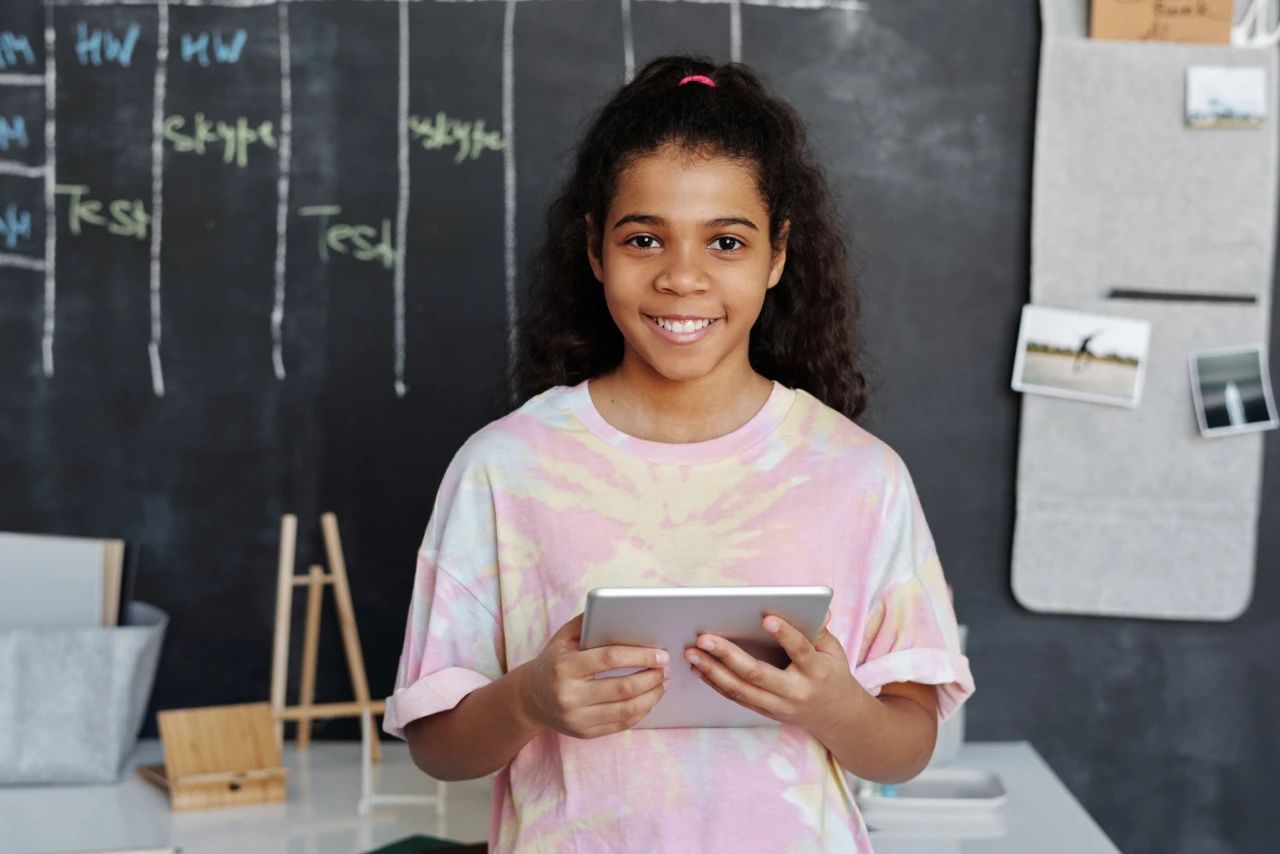
This can involve teaching self-regulatory skills to students, such as the ability to plan, monitor and evaluate their own learning. Developing self-regulation allows students to better understand how they learn, as well as which strategies work for them or when they need help. This helps them take control of their learning, and to learn at a pace that works for them.

Hope that you found those 2 tips useful!

DID YOU KNOW?
Want more reading tips and advice to support budding readers?
ELG is glad to share! Join us for our series of webinars this July to support learners of all levels, with a focus on READING and LEARNING DIFFICULTIES. These not-to-be-missed webinars will be led by ELG’s experienced Reading Specialist, Miriam McBreen, and Dyslexia Specialist, Elis Poh.

